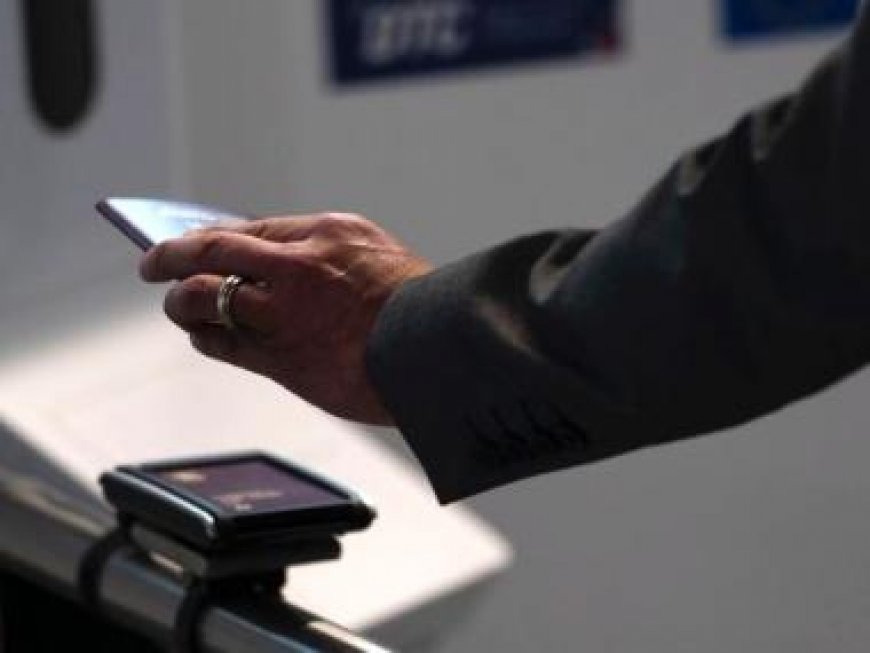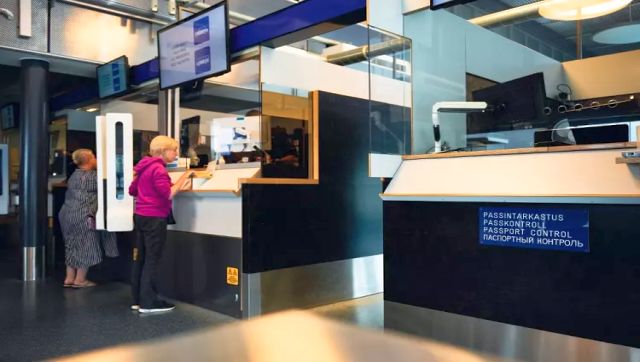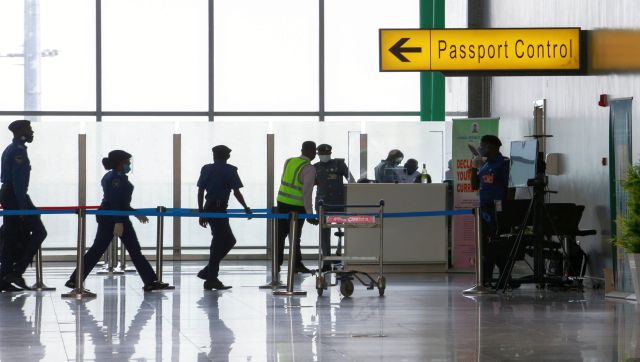Finland is first to test digital passports: How this could change travel
Finland is first to test digital passports: How this could change travel

What if we told you that the next time you jet off for your holiday or business trip, your mobile could act as your passport? Finland is trying something new and if it works, there’s a big chance that digital passports will become a reality and people will soon be able to bid adieu to the physical form of a passport.
Here’s what we know about the world’s first digital passports and what benefits do they serve?
Finland goes digital
On 28 August, the Finnish Border Guard announced that it will be the first country across the globe to test digital travel documents.
The experiment, which will continue until February next year, is being carried out in partnership with Finnair, the Finnish police and airport company Finavia. As it is a trial, for now it is only valid for Finnish people flying on Finnair to or from London, Manchester and Edinburgh.
The Finnish Border Guard announced that those interested in signing up for the process will have to download the FIN DTC Pilot digital travel document app, register with the police and send data to the Finnish Border Guard four to 36 hours before a flight to the UK.
Authorities have clarified that a participant will only need to register with the police one and after registration, the person could travel to UK and return without any hassles.
Explaining further, the Finnish Border Guard noted that the digital passport, known as Digital Travel Credentials (DTC), is a digital version of the physical passport and is equally reliable.
It further said on its website, “Those who participate will have the opportunity to go through border control faster and more smoothly than usual without queuing.”
However, as of now, all participants will have to carry their physical passport and confirm their identity by scanning it on a reader when entering or leaving Finland as well as at UK border controls, the Finnish Border Guard clarified.
Commenting on the same, Mikko Väisänen, an inspector at the Finnish Border Guard, explained, “In the long run, the goal is to no longer need to carry a physical passport when travelling. However, its realisation takes time. The pilot project would only be the first step in this matter.”

The trial is a realisation of the European Commission’s dream of going high-tech. According to a report in Finnish newspaper Helsingin Sanomat, the European Commission reached out at the end of last year to ask if the country would be willing to participate in the pilot project. The National has reported that the European Union is co-funding Finland’s pilot project, providing €2.3 million (Rs 21 crore).
There are reports that the trial will be extended to Croatia too in the autumn season at Zagreb International Airport.
Also read: How powerful is India’s passport?
Proponents of digital passports believe that the new technology will allow for easier movement of people and will save time at border inspection and make queues more fluid.
Christoph Wolff, Head of Mobility at the World Economic Forum, had said electronic, paperless systems could be key in helping manage demand. “By 2030, international air arrivals are expected to reach 1.8 billion passengers, up 50 per cent from 2016. Under today’s systems, airports cannot keep up with this growth,” he said, adding that digital identity technology could be the answer.
Digital passports across the globe
While Finland is already testing its new digital passport, Poland and South Korea are also working on similar projects in their respective countries.
The United States and the United Kingdom are also working on something similar. Interestingly, it was Ukraine in 2021 that became the first country in the world to give the same legal status to digital passports as physical ones. Ukrainians have been able to use their digital passports in a range of situations such as confirming their identity at the post office, confirming their age or opening a bank account for a few years. But last year they were also recognised when travelling into the country by plane or train.

When coronavirus struck the world two years ago, many countries adopted the COVID-19 passports, giving an impetus to the digital passport movement. Some experts had then believed that more countries would be ready to adopt digital credentials.
Karoli Hindriks, CEO of the Estonian immigration and relocation tech company Jobbatical, was quoted as telling Weforum.org that nationalism and nostalgia are barriers to the digitalisation of passports. “There’s always an uproar any time you touch national symbols like currency or passports. Someone told me that they liked their passport because of all stamps, like it was a photo album (of their journeys). I get it, but this doesn’t mean that we should travel like this.”
She further said that she believed that it would take just one nation to show the rest of the world that digitising passports can be done securely and equitably.
It’s important to note here that India in June announced that it too would get a version of a digital passport. External Affairs Minister S Jaishankar had announced in June that the country would be getting updated e-passports. The new passports, as per the Ministry of External Affairs, will be equipped with a chip that will store the holder’s biometric data, including their fingerprints and photograph. This will make the passports more difficult to forge and will help to improve security at international borders, said the spokesperson of the department.
With inputs from agencies
What's Your Reaction?



























































